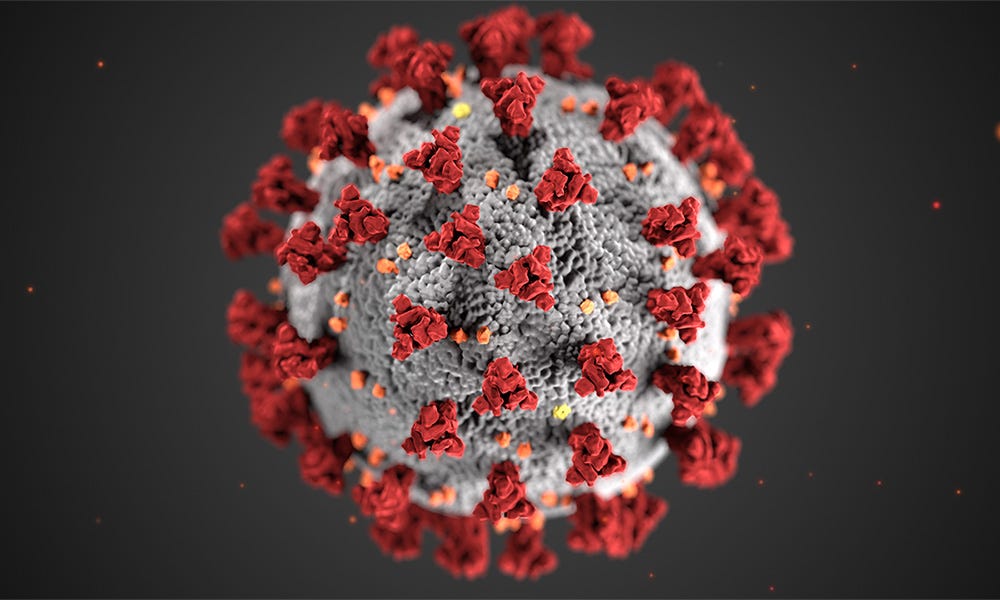I've been meaning to pull together something like this for my own clarity, but John Mark Reynolds did it for me. Helpful.
"In chatting weekly with front line medical doctors I personally know and trust:
1. The pandemic is real.
2. There is much we do not know.
3. There is no conspiracy regarding treatments.
4. We are unsure of the origins of the virus (beyond coming from China).
5. There is no consensus on what or why some nations have been successful.
6. There is general consensus on social distancing and masks.
7. There is general consensus that some therapeutics work and some are questionable.
8. None of these doctors would suppress a good therapeutic.
9. There is no vaccine conspiracy.
10. Casual connections are hard to make (x caused y) and so ruling out that something works is harder than showing it does work. 'X surely does not work' is hard to prove since any medical condition has so many variables.
11. Those of us not expert in medicine or relevant disciplines (virology for example) should be careful in disagreeing with a consensus. If one does suspect a 'conspiracy,' find medical professionals you KNOW and ask. That is how I have been able to confirm.
12. We are trying to base all our decisions on best data and advice. That might not be 'right' (as what we know changes with more data), but is the best we can do.
13. That is how we have tried to develop our plans: no panic, no extremes. Calm. Listen. Carry on as best one can.
14. I am not a medical doctor nor health professional. As a result this is merely a secondhand report of what relevant experts I trust have told me and that have informed my planning.
15. The good news here is that if one adopts this approach, one can be steady, calm, and move forward without zig zagging, fear, or swagger."




